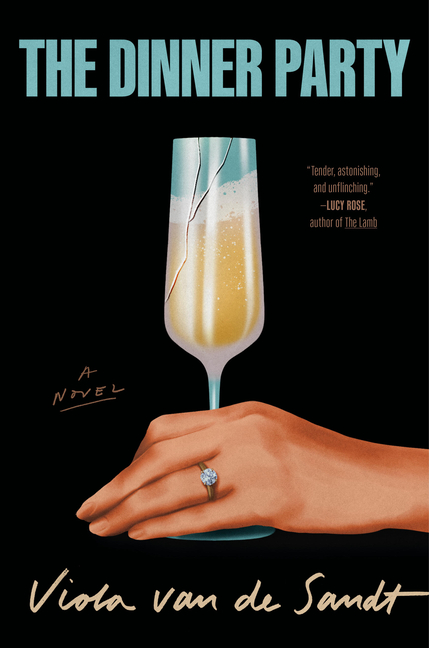Powerful ... The subtle clues are there, and this is where van de Sandt’s book shines ... The casual sexism embedded in Andrew’s manner of speaking to her is slyly grotesque and altogether too real ... Threaded throughout the evening’s dinner-table conversation is a rather conventional argument about the white male heteronormative canon of Western literature, which seems a bit on the nose given the book’s themes and, yes, a bit trite ... [The] two devices don’t serve the story as well as they should. As it turns out, hearing about someone’s therapy sessions is a little like being told about their dreams. What seems unique and fascinating in the unbridled private space of our minds doesn’t quite translate as such ... It’s not that Franca’s story isn’t interesting, it’s the way we learn about it that’s a bit stilted ... The layers that van de Sandt often puts between Franca’s visceral tale of abuse and the recounting of it at times dull its impact ... But these narrative choices do not defuse the raw emotion and legitimate anger at the core of The Dinner Party. Van de Sandt’s exploration of the countless ways women diminish themselves so that the men in the room can take up space remains urgent, and Franca’s story, terrifyingly real.
Read Full Review >>

